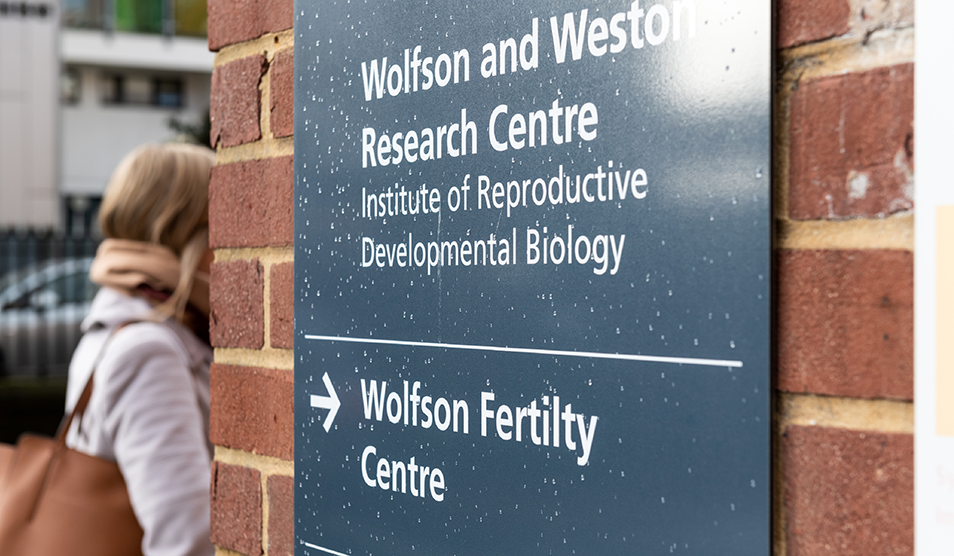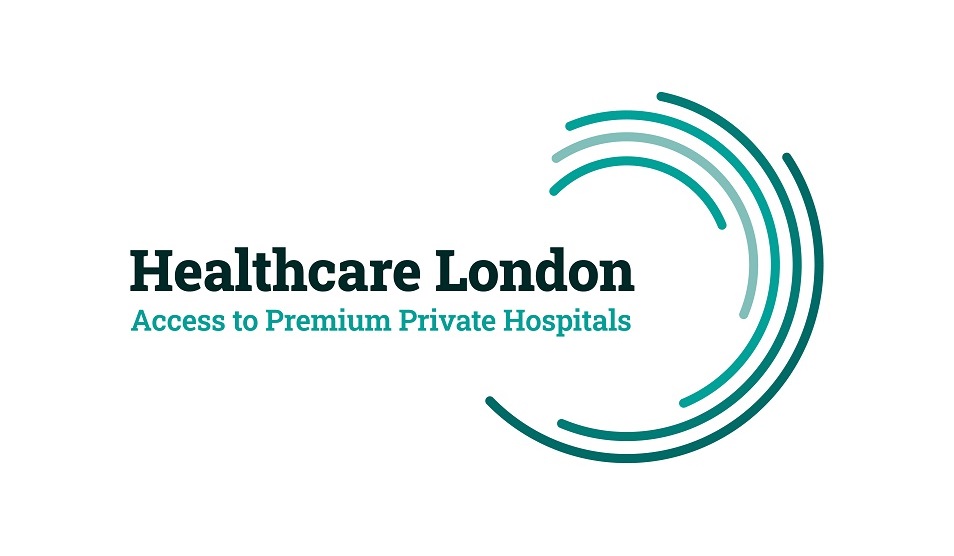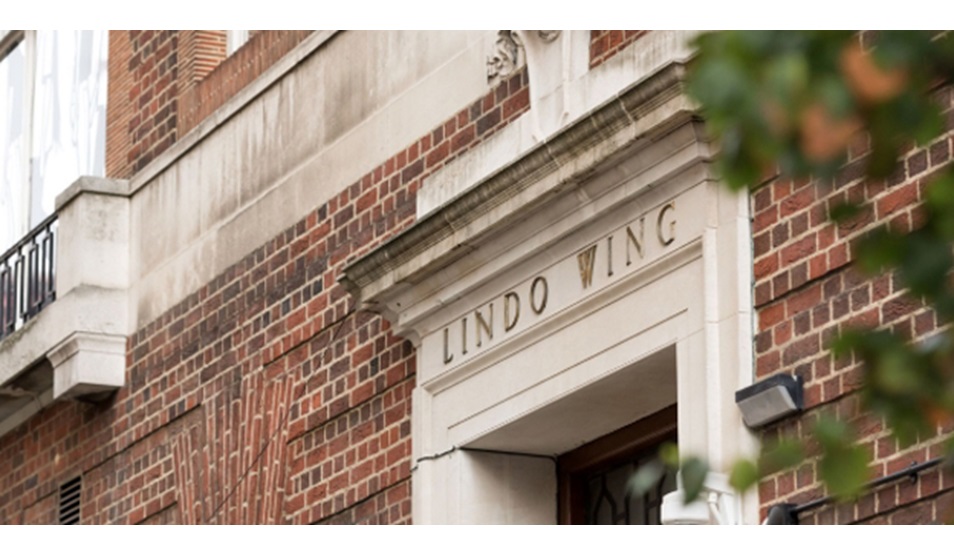How the environment could be affecting your lungs
Numerous studies have linked poor air quality to respiratory conditions. Here, consultant respiratory physician Dr Mel Wickremasinghe explains the connection between the two, and how we have the expertise to diagnose and treat patients with a wide range of respiratory concerns.
If you suffer from a lung problem, research shows that it can be caused or made worse by air pollution.
There are many pollutants in the air we breathe although particulate matter (tiny particles), nitrogen dioxide and ozone are particularly damaging.
While the exact causes of lung disease are complex, there is evidence that long-term exposure to these pollutants can worsen respiratory health and contribute to conditions such as asthma, COPD (chronic obstructive pulmonary disorder), and lung fibrosis.
Lung fibrosis, for example, can have multiple causes such as genetic pre-disposition, smoking and exposure to dust, so it is difficult to single out the precise impact of air pollution.
Nevertheless, studies, such as research published in the European Respiratory Journal, have found that air pollution from traffic fumes and particulate matter could potentially increase the incidence of this disease and the risk of flare ups.
Regardless of the link, it is important to ensure referral to a specialist centre for an accurate diagnosis and appropriate treatment.
Complex conditions
These are complex conditions that require management by a multi-professional, multi-disciplinary team. Diagnosis and treatment may involve consultant respiratory physicians, radiologists, pathologists, rheumatologists as well as nurses and physiotherapists.
At Imperial Private Healthcare, our patients have access to the full range of respiratory expertise due to our links to a leading NHS Trust where our clinicians work in a large, highly-specialised service.
The respiratory service has expertise in treating the whole range of lung conditions including asthma, COPD and lung fibrosis.
Once referred, patients can have a streamlined pathway through a full panel of diagnostic tests, including a CT scan of the chest, lung function tests and a bronchoscopy for a rapid diagnosis.
The results are then discussed in a multi-disciplinary meeting and within days a treatment plan is developed involving our patient.
Holistic approach
Our team takes an holistic approach to treatment and offers a range of therapies including immunosuppressant drugs either via tablets or given intravenously, oxygen therapy to make breathing easier, smoking cessation advice, and pulmonary rehabilitation which includes physiotherapy and advice on exercise and breathing techniques.
Not all lung conditions can be cured but our specialist expertise means we can alleviate symptoms and slow down the progression of diseases.
We find that when patients have the right drug regimen, their oxygen therapy and smoking cessation are performed properly, their infection risk is properly assessed and they have access to physiotherapy, then their anxiety decreases, they feel better, their quality of life improves and hopefully their disease will stabilise.
For further information about how we treat lung conditions, please visit our respiratory conditions section.
Prior to October 2023, Imperial College Healthcare Private Care was known as Imperial Private Healthcare.



